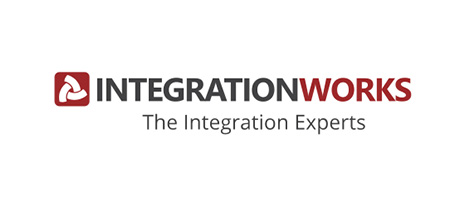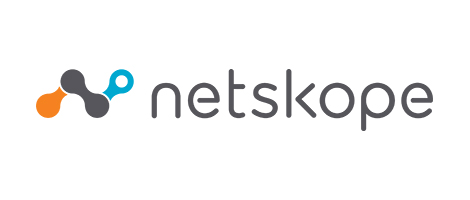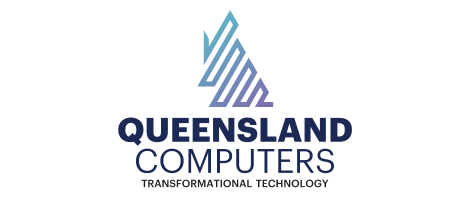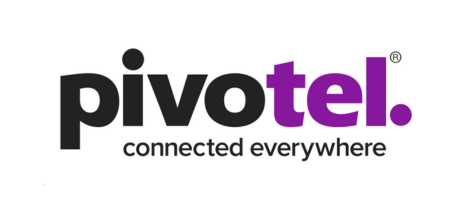The FSTGov Future of Queensland Government Summit 2024 returns for its 8th Annual Edition, an exclusive gathering on the 27th of March uniting over 160 executives, thought leaders and technologists to explore Queensland’s digital innovation roadmap.
As Queensland continues its journey towards a thriving digital future, its commitment to innovation remains steadfast.
This year, the Queensland Government is poised to expand digital initiatives underpinned by a new Machinery of Government, maintaining a razor-sharp focus on pivotal areas including connectivity, cross-sector collaboration, transparency, streamlined procurement, capacity building, and delivery of government services.
By engaging in dynamic roundtable and stage discussions on how to redefine government services and sharing cutting-edge transformation strategies for the State, FSTGov Future of Queensland Government Summit 2024 will:
- Explore sustained investments in digital skills, enhanced connectivity, First Nations, technological breakthroughs, and service advancements.
- Discover strategies to attract and retain top talent in an increasingly competitive hiring landscape.
- Uncover how technology can empower us to provide superior services and more responsive solutions for citizens.
- Embrace strategies that streamline government operations and foster a “digital by default” ethos.
- Strengthen the State’s resolve to safeguard sensitive data and critical Information and Communication Technologies (ICT) systems.
- Navigate the open data landscape while maintaining stringent data governance and cyber security protocols.
- Enhance collaboration, streamline information sharing and optimise procurement processes to drive operational efficiency and effectiveness.
- Explore innovative strategies to achieve more with limited resources and budgets.
Register Now for the FSTGov Summit 2024 and Shape Queensland’s Digital Future!
Stay tuned for further speaker announcements...
Cyber Security Awareness in Regional & First Nations Communities
- Understanding Unique Challenges: Explore specific hurdles faced by regional and First Nations communities. Discuss cultural, infrastructural, and educational barriers impacting cyber security practices.
- Tailored Strategies for Empowerment: Delve into specialized strategies to enhance cyber security awareness. Address the role of education, technology, policy, and community engagement in bolstering cyber security measures.
- Community-Driven Empowerment: Highlight community-centric approaches and initiatives promoting cyber security awareness.
Innovation Unleashed: Advancing Together in the Digital Age
- Fostering Collaboration Across Diverse Sectors: Explore innovative strategies for breaking down silos and driving cross-sector collaboration to foster innovation and create a unified digital landscape.
- Demonstrating the Value of Digital Investments: Discover effective methods to showcase the value of your digital initiatives and gain insights into transparent reporting practices that build public awareness and trust, ensuring your investments yield tangible benefits.
- Promoting Inclusivity and Accessibility: Explore best practices for creating digital services that are accessible, available, and inclusive for every citizen, regardless of their abilities or location.
Our peer to peer roundtable discussions enable you to engage with other attendees as they rotate from table to table.
Each discussion features one of 12 distinct topics and is hosted by a technology expert together with a government co-host to drive an engaging conversation amongst the participants.
This year's top themes span across Digital Leadership, Organisational Transformation, IT Capabilities, Service Delivery, Cyber Uplift, Advanced Data & Analytics, and more.
The Future of Digital Identity in Government
- Modernise IT: Learn how to optimise digital experiences for employees and citizens.
- Streamline Services: Discover how to make it easier for the public to engage with Government services.
- Strengthen Security: Explore strategies to mitigate identity theft and protect data while maintaining usability.
Shaping Tomorrow: The Impact of Generative AI on Public Sector Transformation
In the evolving realm of public governance, the integration of Generative AI emerges as a transformative catalyst, ushering in heightened efficiency, responsiveness, and innovation.
- This session delves into AWS's role in propelling public sector agencies toward an innovation flywheel, unlocking Generative AI's full potential to enhance efficiency, reshape decision-making, foster transparency, and optimize resource allocation.
- Explore real-world applications, challenges, strategic insights, and envision a future where technology becomes the cornerstone for effective and people-centric governance.
Beyond Compliance: Building a Culture of Cyber Security Excellence
- Empowering Engagement: Encourage proactive employee involvement in cyber security practices by fostering awareness, education, and a strong sense of responsibility. Building a resilient human firewall within the organisation strengthens the overall security posture.
- Collaborative Ecosystem: Cultivate a culture of cyber security excellence through robust collaboration between government agencies and industry leaders. Establish dedicated entities for incident reporting, implement clear cyber security timelines, and explore innovative investigation boards.
- Embrace Inclusion: By integrating diversity into the cyber security framework, organizations can leverage a rich tapestry of insights to address evolving threats and challenges effectively.
Driving Connected Care: Uniting Queensland Health’s Vision with Australia’s Digital Health Future
- Australia’s Digital Health journey and vision.
- Queensland's pivotal role in advancing Australia's Digital Health Strategy.
- Showcasing the power of collaboration between state and federal organizations.
From Legislation to Leadership: Mastering Data Compliance in Queensland
- Strategies for Seamless Compliance: Explore effective strategies for adhering to Queensland's data breach legislation, focusing on building robust frameworks for data assessment, containment, and mitigation.
- Leadership in Data Governance: Delve into the role of leadership in fostering a culture of data compliance and the importance of clear roles and responsibilities, along with comprehensive training programs, to empower staff with the necessary skills for effective data management.
- Innovative Solutions for Future Challenges: Gain insights into emerging technologies and practices that can enhance data security while promoting transparency and accountability within the public sector.
Mission Critical: Using AI Technologies to Advance Queensland
- What are the key concepts behind AI in a non-technical way?
- What are the new challenges, risks, and opportunities that AI is enabling?
Delegate attendance is reserved for Government Officials ONLY (includes local, state, federal government, utilities and university employees).
For more information on sponsorship opportunities, please contact govsales@fst.net.au or +61 2 8484 0918.
FST Media reserves the right to decline registration and entry to the event.
By agreeing to the Terms and Conditions for complimentary VIP Registration, you acknowledge that to qualify for that complimentary VIP pass the delegate needs to be currently employed by a public sector organisation.
Should you be unable to attend on the day of the conference, a ‘like-for-like’ substitute is welcome to attend in your stead at no extra charge, provided we are informed of the change up to 14 days prior to the conference. Any cancellations made within 14 days of the conference, with no relevant substitute provided, will incur a $150+ GST non-attendance fee. This fee will be used to cover delegate material costs and catering costs incurred by FST Media on submission of delegate numbers to the conference venue.
FST Media will make every effort to ensure that the event and the program will take place as advised. FST Media reserves the right to delete or alter items in the program and will not take financial responsibility for changes that are the result of events beyond its control, including travel and/or accommodation.
FST Media Terms & Conditions and Privacy Policy
By registering for this event you are agreeing to our privacy policy, you consent to the following:
- The use of your personal information for the purposes of providing direct marketing material to you; and
- The disclosure of your personal information to our event partners
- Clause 3 of our Privacy Policy contains further information regarding how we may use your information to provide direct marketing material to you, and how you may opt out of any further material
















































